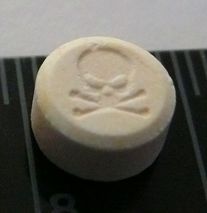 I believe that we are not saved through works, but we are saved to work.
I feel that ‘getting saved’ is like getting your diploma or degree.
I believe that we are not saved through works, but we are saved to work.
I feel that ‘getting saved’ is like getting your diploma or degree.
It’s a great development, and to be celebrated, but it’s not the end point. You’re supposed to do something with it!
Who would get a degree in veterinarian school, then go live on an island where there are no animals? No, you go somewhere that you can start helping animals.
God did not pay a great cost to redeem us, just so we could sit around and be redeemed.
I believe his purpose is to redeem and restore the entire world (I get this idea from the book of Revelation). Once we have accepted his amazing, gracious gift, we’re supposed to continue and cooperate with his will: the expansion of his kingdom on earth as it is in heaven.
We can’t earn God’s love. When I support a charity or feed a homeless person or visit a prisoner or share the gospel, I don’t earn an extra crown in heaven. What I’m doing, rather, is the same thing Jesus said in John 5:19: ”I tell you the truth, the Son can do nothing by himself; he can do only what he sees his Father doing, because whatever the Father does the Son also does.”
I’m just doing what I see God doing. Caring for the downtrodden. Giving hope to the hopeless. Offering a hand to those who have fallen.
Because there is a great deal of work to be done in this world, and God himself has chosen to do it with and through us.
We are God’s plan A, and there is no plan B. This doesn’t point to how great we are, but rather how incredible God is. The epitome of perfection, willing to work through fallen, flawed and frail humanity because he values us.
Working for God and his purposes is not an obligation, it’s an honor. One that we’d have to be blind to refuse.







